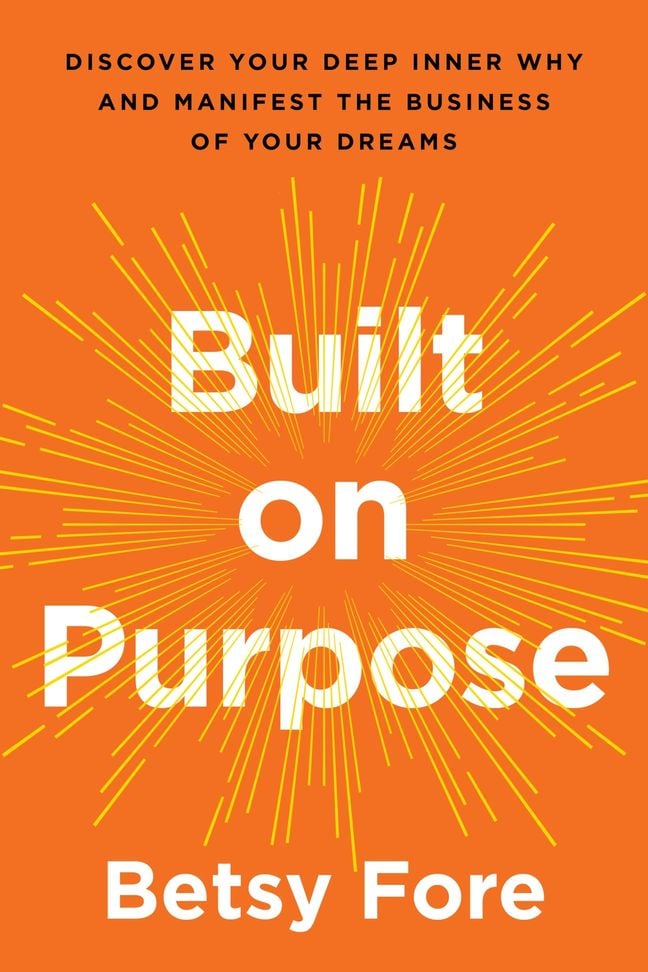Quick Information
- Name of Startup: Flux
- Year Founded: 2023
- Website: GetFlux.io
- Type of company: B2B Software
- HQ Location: Remote
Startup Founders:
- Egor Spirin – Founder, CEO
- Alexander Mavrichev – Founder
- Raul Abdurakhmanov – Founder, CTO
Startup one-liner:
Your AI Meeting Copilot
Problem the startup solves:
Flux is tackling the universal issue of unproductive meetings, a pain point felt across industries. We’re addressing the tedious tasks that drain time and energy, from manual ticketing in Jira to updating meeting notes and project artifacts. By automating these mundane tasks with our AI assistant, we’re transforming meetings from being a chore to a platform for focused, meaningful discussions.
Flux is making an impact by allowing professionals to reclaim their time, enabling them to concentrate on what truly matters – the conversations, the ideas, and the collaborations that drive progress.
And here’s how Flux works:
Flux, your new AI meeting assistant is designed to handle the mundane so you can focus on what truly matters – the conversation.
The moment your meeting kicks off, Flux is there, transcribing everything. Flux understands your conversations and suggests Actions based on the context. Discussing an email? Flux drafts it. Planning a project? Flux outlines it. And with a single click, Actions come to life – an email gets sent, a project gets created, and much more.
And the best part? Flux integrates seamlessly with your favorite apps, from HubSpot to Jira, Notion, and beyond, ensuring a streamlined and efficient meeting experience.
Progress and Current Status:
Landing page is up, currently validating the idea and working on an MVP.
What is an Inspiring Story about the Startup?:
In the software development world, there’s one thing we all agree on: we hate long meetings. We, the three co-founders of Flux, are no exception. As developers, we’ve spent hours on end manually creating and editing tickets in Jira. These mundane tasks during each meeting became our collective dread.
That’s where the idea for Flux came from. We were fed up and wanted a solution to free us from these tedious chores. At first, Flux was imagined as a tool just for us developers, something to automate the grind of ticketing.
But as we developed Flux, we had a realization. The problem we were tackling wasn’t unique to us; it was a widespread issue. The drudgery of updating meeting notes, managing project artifacts in Confluence or Notion, creating customer profiles in PipeDrive – it was everywhere, in every industry.
We saw that Flux could be more than a developer tool. It had the potential to change how meetings work altogether, shifting the focus from menial tasks to meaningful discussions. We believe Flux isn’t just an AI assistant. It’s a game-changer, turning meetings from draining time sinks into platforms for inspiring and focused conversations.
What is a Company the Startup Looks Up to, and Why?:
We look up to Dropbox, a Y Combinator alum, for their exceptional product focus and user experience. Despite entering a market filled with tech giants, Dropbox carved its niche by building a simple and elegant product that solved a real pain point – file synchronization and sharing. Their journey, from a two-person startup to a successful public company, serves as a guiding star for us at Flux. We’re striving to follow their example, focusing on creating a product that transforms the way people experience and manage meetings, much like Dropbox transformed file storage and collaboration.
The Company in Four Years Will Be…
In four years, Flux will be a household name in the realm of productivity software. We’ll be integral to business operations across the globe, with our AI meeting assistant streamlining conversations and automating tasks in millions of meetings daily. We’ll be known for our powerful integrations, delivering value to users across a broad spectrum of industries, from tech startups to large corporations, nonprofits to educational institutions. Beyond being a tool, Flux will be a catalyst for change, influencing how people perceive and conduct meetings, making them more efficient, enjoyable, and meaningful.







































